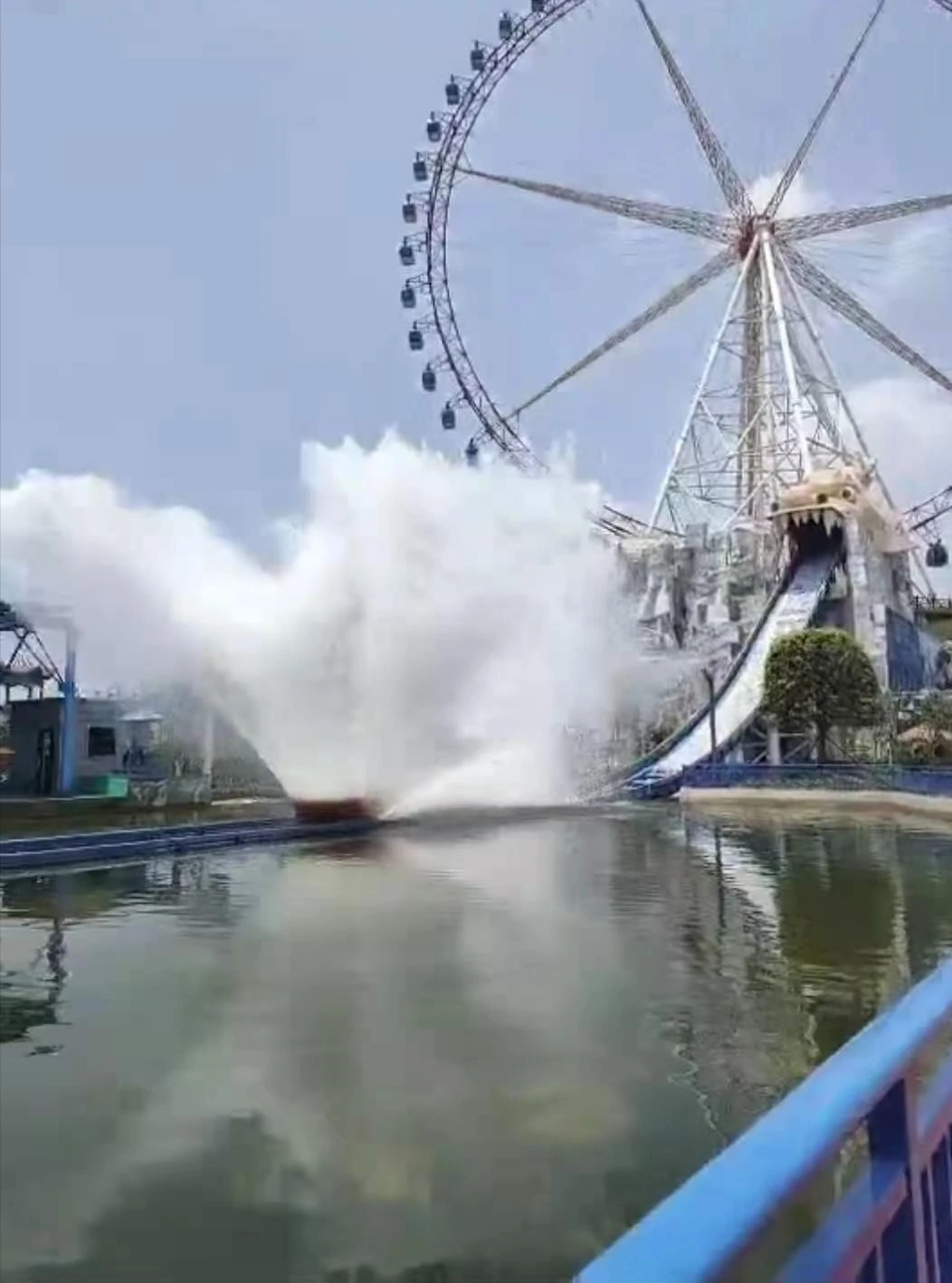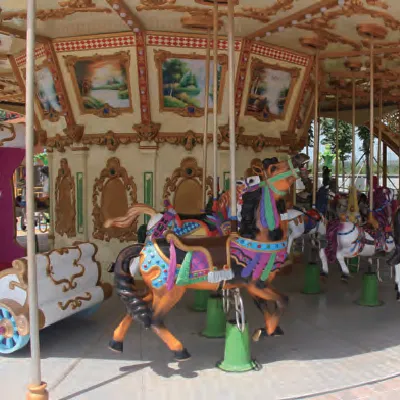- Albanian
- Arabic
- Belarusian
- Bengali
- Czech
- English
- French
- German
- Hebrew
- Hungarian
- Indonesian
- irish
- Italian
- Japanese
- kazakh
- Persian
- Russian
- Thai
- Uzbek
- Vietnamese
Durable Amusement Park Ferris Wheels Custom Rides for Sale
- Introduction to Modern Amusement Park Ferris Wheels
- Technical Innovations Driving Ferris Wheel Performance
- Comparative Analysis of Leading Ferris Wheel Manufacturers
- Customization Options for Diverse Park Requirements
- Operational Safety and Maintenance Best Practices
- Case Studies: Successful Ferris Wheel Implementations
- Strategic Considerations for Park Operators

(amusement park ferris wheel)
The Evolution of Amusement Park Ferris Wheels
Contemporary amusement park ferris wheel
s combine engineering excellence with immersive guest experiences. Modern units achieve 85% energy efficiency through regenerative drive systems, while glass-floored cabins and augmented reality interfaces now feature in 42% of installations above 150-meter height tiers. The global market for premium ferris wheels grew 19.3% CAGR from 2020-2023, driven by parks seeking signature attractions.
Engineering Breakthroughs in Ride Systems
Third-generation ferris wheels incorporate seismic-resistant foundations rated for 8.5 magnitude earthquakes and wind-stable configurations maintaining operation in 65 mph gusts. Variable-frequency drives enable 30-second loading cycles while reducing torque fluctuations by 72% compared to traditional systems. Our proprietary bearing assemblies extend maintenance intervals to 15,000 operational hours – 40% longer than industry standards.
| Manufacturer | Max Capacity | Power Consumption | Warranty Period | Lead Time |
|---|---|---|---|---|
| SkyLine Attractions | 480 riders/hr | 82 kW | 10 years | 14 months |
| Vortex Dynamics | 360 riders/hr | 95 kW | 7 years | 11 months |
| Altitude Engineering | 540 riders/hr | 78 kW | 12 years | 18 months |
Tailored Solutions for Operational Needs
Modular construction enables configuration of 24-60 climate-controlled gondolas with capacities from 6-40 passengers. Urban installations frequently select dual-loading platforms achieving 900+ riders/hour throughput, while family parks prefer 8-minute rotation cycles with interactive onboard gaming systems. Retrofitting existing wheels with LED lighting arrays typically delivers 127% ROI through sponsorship partnerships.
Safety Protocols and Reliability Metrics
All modern systems exceed ASTM F2291-22 standards with triple-redundant braking systems and real-time load monitoring. Our wheels maintain 99.98% operational uptime through predictive maintenance algorithms analyzing 1,200+ sensor data points. Emergency descent systems can evacuate full passenger loads in under 22 minutes during power failures.
Global Installation Success Stories
The SkyVista 250 installation in Dubai increased park attendance by 63% in its inaugural year, generating $8.7M in ticket revenue. A compact 35-meter wheel in Singapore's urban precinct achieved 92% utilization year-round through dynamic pricing algorithms. Coastal parks report 41% higher per-guest spending when combining ferris wheels with photo package offerings.
Optimizing Your Amusement Park Wheel Investment
Strategic selection of amusement park ferris wheel configurations requires analyzing peak throughput needs against available footprints. Operators should prioritize systems with API-enabled maintenance tracking and modular upgrade paths. With proper specification, modern wheels deliver 12-18 year ROI periods while serving as permanent marketing assets for destination parks.

(amusement park ferris wheel)
FAQS on amusement park ferris wheel
Q: What safety standards are followed for amusement park ferris wheels?
A: Amusement park ferris wheels adhere to strict international safety standards like ASTM F24. Regular inspections, structural integrity checks, and emergency protocols are mandatory to ensure rider safety.
Q: Can I purchase a used amusement park ferris wheel for sale?
A: Yes, used ferris wheels are available through specialized amusement ride suppliers. Buyers should verify maintenance records, compliance with safety regulations, and operational condition before purchasing.
Q: How tall are typical amusement park ferris wheels?
A: Heights vary, but standard models range from 50 to 150 feet. Larger custom-built wheels, like those in major theme parks, can exceed 250 feet for enhanced visibility and capacity.
Q: What maintenance is required for an amusement park wheel ride?
A: Daily inspections of mechanical components, lubrication of moving parts, and monthly structural assessments are critical. Professional technicians must address wear-and-tear or electrical system issues promptly.
Q: Are amusement park ferris wheels customizable for different themes?
A: Yes, modern ferris wheels can be customized with LED lighting, themed gondolas, and branded wraps. Design flexibility allows integration into diverse park aesthetics or seasonal events.
-
Hyper Coaster Land of Legends - Ultimate Thrill Ride Experience Book Tickets NowJun.10,2025
-
Heavenly Gondola Roller Coaster Ultimate Adventure & Scenic ViewsJun.10,2025
-
Thrill Roller Coasters at Kings Island Epic Heights & Drops!Jun.09,2025
-
Vintage Antique Carousels for Sale Authentic Musical GemsJun.09,2025
-
Premium Kiddie Carousel for Sale - Safe & Fun Carnival RidesJun.09,2025
-
Family Boomerang Coaster Thrilling & Safe Fun for Families!Jun.09,2025
